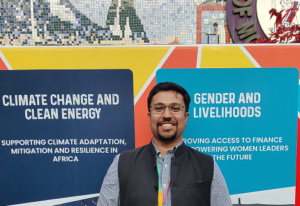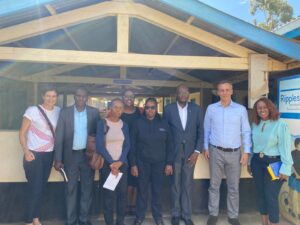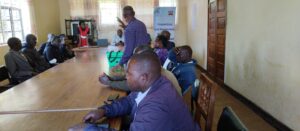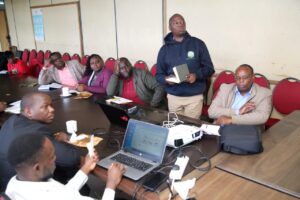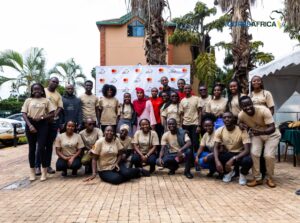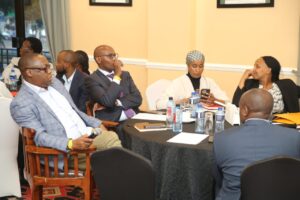SECURITY IN AFRICA – A PREDICTION FOR 2021
By Joseph Owuoth
The war on jihadi groups is bound to continue in 2021 with western world powers increasingly and more openly getting involved on the continent; these world powers have been more visible in carrying out surveillances, training local forces and also even targeting these militant groups either directly or through proxies.(Read private armies).
The Al Shabaab remains a potent headache in the horn of Africa and is bound to persist in 2021. Another Jihadi group, an offshoot of the Islamic State has also already curved out space in Northern Mozambique and is likely to destabilize the southern African regions.
But the main focal point will be in the Sahel.
The Jihadi Groups have been incessant tin their operations in the Sahel region and have made signature moves deep in the neighbouring countries of Mali, Niger and Burkina Faso. But then, there has also been an increase in the number of forces from Europe and the US deployed to counter these threats. But three things are key in these western assisted operations: One, the capacity of the local forces to hold their ground independently from the Jihadi attacks and two, whether these Europe and USA forces can win over the local communities and not be seen as invaders or occupiers.
Ironically, three African countries are likely to continue to be in conflict in the year but possibly still will not be able to grab the world’s attention.
In South Sudan there has been repeated international nudging for the signed peace agreement to hold. It is likely to hold but barely as personal interests and historical suspicion among the two major ethnic groups remain hard to dissolve.
In Darfur, the UN Peacekeepers are finally packing after a thirteen year Sojourn, in the short to medium term, the emerging security gap could lead to some low intensity conflict in the region.
Then there is the Democratic republic of Congo (DRC) a complex Gordian knot not so easily resolved. The persistent attacks in the Eastern parts of the country by the little known Allied Democratic Front is likely to continue and could spur a more visible counter action from the United Nation Peace keepers. Such action though may only be limited in terms of results because of the sheer size of the country and the number of armed groups operating there.
Another simmering case is Cameroon. There have been some lukewarm attempts by setting up dialogue by the Cameroon leadership to counter the increasing protests for secession within the Anglophone region.
In Ethiopia, the president has shown his hand and has possibly finally brought the restless areas to heel. The international community has remained largely silent but keen observers on the emerging scenario. The same bystander attitude is likely to be witnessed as Ethiopia, Sudan and Egypt diplomatically sort out the emerging challenges attributed to the filling of the renaissance dam.
COVID -19 is also another issue which will continue having adverse effect on overall human security in Africa with major job losses, corporate restructurings, reduced earnings and an overly sense of despondency. The impact of the Vaccine in the continent is likely to take a long time to be realised mainly due to cost constrains and the logistic challenges.
Sixteen general elections were successfully conducted with muted violence experienced in 2020. Elections in Uganda in January and its immediate aftermath will be closely monitored in the continent and could set the baseline for other elections with the incumbent old guards being challenged by the digital and restive youth population. Other elections which are bound to be closely monitored are in Zambia, Republic of Congo and Chad.
Gazing at the Crystal ball, Africa is a large and unpredictable continent, but the aforementioned are likely to be the key issues to look out for in 2021.

